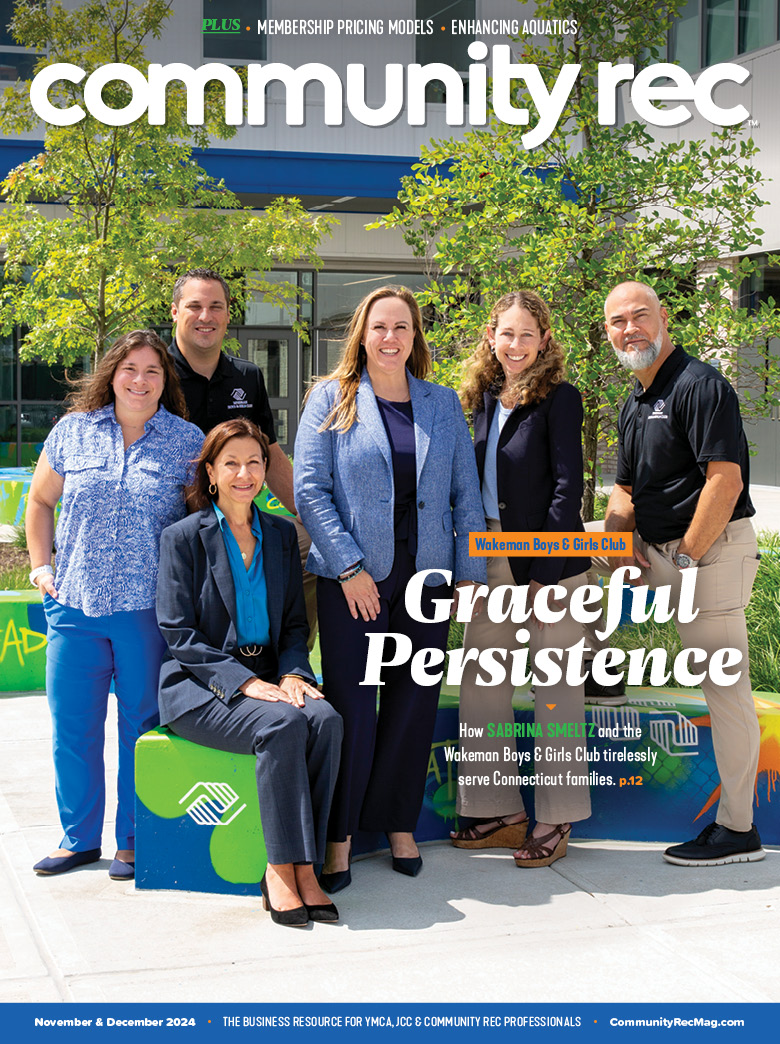The term “exercise is medicine” has been making waves in the fitness world over the past few years, due to the positive effects exercise and sound nutrition have on the health and wellness of individual members of a community.
As a result, more and more fitness centers have begun incorporating medical fitness offerings into their facilities.
This includes the YMCA of Greater Dayton, which uses InBody, a body composition analyzer using DSM-BIA technology, to provide members with in-depth insights into their body composition — insights far greater than those that could be revealed through just a traditional scale.
“For us, our medical fitness options are great ways to help point people in the right direction with their training and their lifestyle through things they do normally in everyday life,” said Clay Giuffre, the healthy living specialist at the YMCA of Greater Dayton. “InBody scanning gives us a pretty in-depth assessment of their composition.”
InBody is a less than 60-second test that examines the composition of your body by revealing percentage of body fat, muscle distribution and bodyweight balance — all components that give you a better understanding of your overall health.
The technology sends low-level currents through the body via hand and foot electrodes. The impedance the currents encounter is measured in order to derive body composition.
Giuffre explained he is seeing positive results from his members, and an increased retention rate. “I have a pretty solid group of people who religiously come in every six to eight weeks to use our InBody or to talk about medical issues, but there is also a group who comes in once and a while and just want to check in,” he said.
According to Giuffre, this indicates a trend of medical fitness offerings becoming even more prevalent in fitness facilities, including community rec centers.
In addition, by using the InBody scanner, Giuffre has found members’ attitudes are changing surrounding what it takes to become truly healthy — encompassing fitness, wellness and nutrition, versus just exercise.
“I truly believe that in the health and fitness fields we will start to see more and more health assessments and screenings, because everyone is beginning to realize it isn’t about how far you can run or how much you can lift; there is so much more to wellness,” added Giuffre.
When introducing new medical fitness technologies or programs to your members, it’s important they know you have it. “I will take our InBody out into the lobby sometimes and I have stuck it in the fitness area,” said Giuffre. “We have advertising going on that we offer these programs, but there is still a large number of members who don’t know that we have it or what it entails.”
Another way to get this information across to members is by offering specials. At the YMCA of Greater Dayton, they run a “Know Your Numbers Challenge” to encourage members to get medical assessments.
“People come in, we do the body composition test and then at the end of eight weeks, we award the people who have the greatest loss in body fat percentage,” explained Giuffre.
They also include a medical test and body composition scan in their personal training packages to help give trainers more direction. Giuffre claims the marketing of the assessment is the ticket.
Needless to say, adding medical fitness technology and programming can be beneficial for a multitude of members, and even staff. It opens doors for learning and continued education and understanding wellness overall; and provides opportunities to add or expand programs. The end result is a community learning and growing together.










